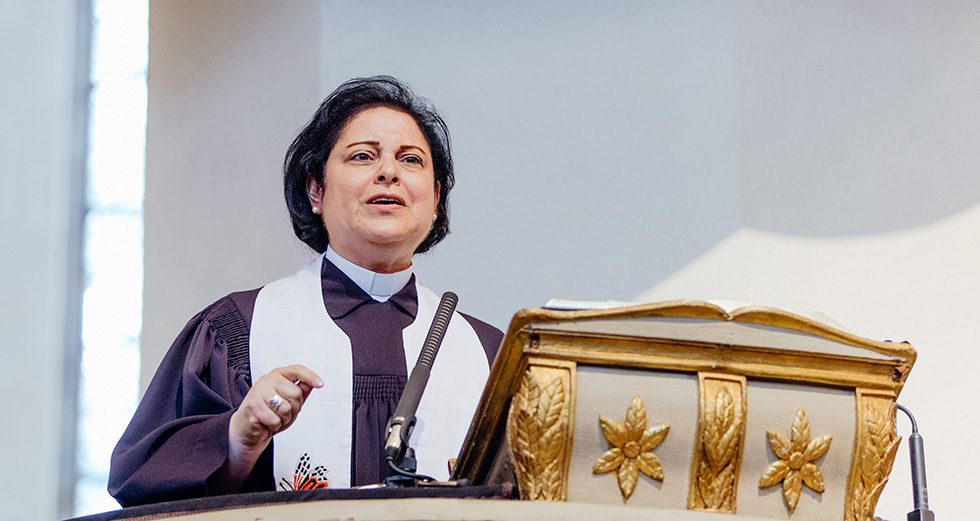Reformation encourages accountability
Posted on October 31, 2019 by Phil Tanis

Happy Reformation Day!
From the streets of Beirut, in the midst of a devolution I greet you today as we remember and celebrate Reformation Day. One of the strongest lessons that the Reformation taught us is accountability—that leaders and every person is held accountable in front of the community. There is no authority that is above accountability. Through accountability we reform together and check on how our ministry and our leaders work towards the Kingdom of God, towards justice for all. If we were to take seriously the challenge of continual Reformation, of keeping the Reformation alive, we need to lift up accountability.
Today many streets around the world are on strike, whether in Beirut, Hong Kong, Iraq, Chile or elsewhere. The people decided to no more remain silent, and the young were ready to take the risk to be on the streets—to voice the need for accountability for their leaders in providing dignified life for all, lifting their cry against corruption. Yes, leaders are to be held accountable, and all that is unjust is to be pointed to.
Despite the fact that every country has its causes for injustice and for what led the people to injustice, but still the common factor is that the young dare to speak and even pay a price. It is time to think together how change could happen, whether it should be gradual or radical. Silence is one leading force that causes injustice. It is this mentality, that I should not stand for issues that do not affect me directly.
Today we are reminded through our Accra Confession where matters of economic and ecological justice are not only social, political and moral issues, they are integral to faith. Being faithful to God’s covenant requires that individual Christians and the churches take a stand against current economic and environmental injustices “looking through the eyes of powerless and suffering people.” It calls the churches and society to hear the cries of the people who suffer and the woundedness of creation itself, over-consumed and under-valued by the current global economy.
Today we are challenged to continue to speak against economic injustice, to have a voice and use our imagination together for better future. Today I lift up the Wittenberg Witness, which we committed ourselves to with our Lutheran sisters and brothers two years ago, saying together:
Together we long for renewed imagination of what being the church in communion could mean—for our world, in our time.
We need new imagination to live together in ways that would embrace our unity not only as gift but also as calling.
We need new imagination to dream of a different world, a world where justice, peace and reconciliation prevail.
We need new imagination to practice spiritualities of resistance and prophetic vision, spiritualities in service of life, spiritualities formed by the mission of God.
On this day we add our voice to all those who are struggling on the streets of the world. We are reminded with the power of standing up for our values and to trust that no matter what our number is we can make a difference. Martin Luther encouraged us to say “Here I stand” even when that meant paying a price. Today, we add to Luther’s words: “Here I speak.”
Let us believe that we can make a difference—and commit ourselves to a Reformation that is continuing.
In Christ,
Rev. Najla Kassab
President
 World Communion of Reformed Churches
World Communion of Reformed Churches